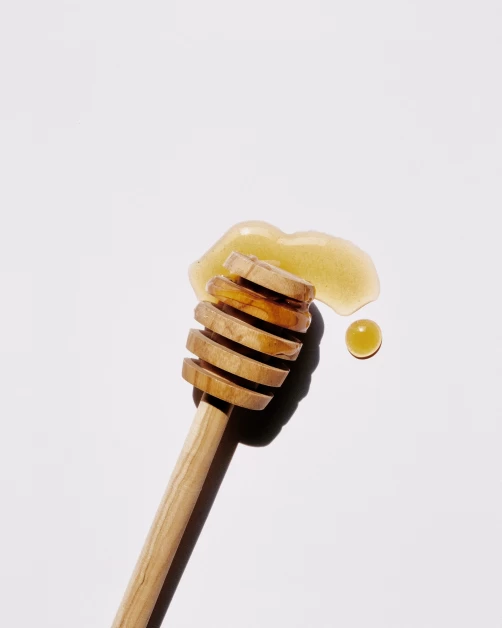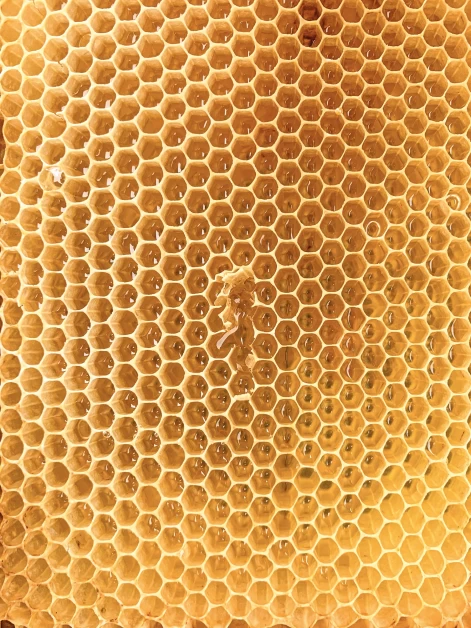Table of Contents
Manuka honey is not just beneficial for humans, but it can also provide incredible natural benefits for our beloved pets. Just like us, our furry friends can experience the amazing properties of Manuka honey, including its ability to improve skin conditions, boost the immune system, and promote gut health. With its potent antiviral, antibacterial, anti-inflammatory, antioxidant, and antimicrobial functions, Manuka honey can enhance the overall health and well-being of our pets. In this article, we will explore the various benefits of Manuka honey for pets and why it is worth considering adding it to their daily routine.
Is Manuka Honey Safe for Pets?
In most cases, Manuka honey is safe and highly beneficial for pets. However, there are certain circumstances where you should avoid giving Manuka honey to your pets. If your pet is under a year old, obese, or diabetic, it is best to avoid feeding them Manuka honey. These precautions apply to humans as well, as pediatricians recommend not introducing any type of honey to children under 12 months old. Just like babies, young pets have underdeveloped digestive systems that may not be able to process botulism spores that could potentially be present in honey. While the chances of encountering this problem are very low, the consequences can be severe. Once your pet reaches the age of 12 months, they can benefit greatly from the incredible properties of Manuka honey. It is always a good idea to consult with your veterinarian before introducing any new supplement or treatment to your pet’s diet.
Which Pets can Benefit from Manuka Honey?
Virtually any pet can benefit from the natural properties of Manuka honey. Dogs, cats, rodents such as mice, rats, and ferrets, birds, horses, reptiles such as turtles and lizards, and many other species can experience significant improvements in their health with the help of Manuka honey. In fact, some of the most groundbreaking research on Manuka honey has been conducted on these animals, showcasing its potential for enhancing their overall well-being.
How Much Manuka Honey Should I Give My Pet?
It is important to measure and administer the correct amount of Manuka honey to your pets. For most of the benefits listed below, it is recommended to feed your pets a mid to high-range Manuka honey, which would be around 350+ MG or 10+ UMF. Start with small amounts and gradually increase the dosage over time to allow your pet to build up their tolerance. For the first two weeks, give them half of the recommended amount and then gradually increase it. Here are the suggested daily consumption amounts based on your pet’s weight:
- 20 pounds or less: ½ tsp a day
- 20 – 60 pounds: 1 tsp a day
- 60+ pounds: 2 tsp a day
Benefits of Manuka Honey for Pets and Animals
Manuka honey offers a wide range of benefits for pets, helping to improve their health and well-being in various ways. Let’s explore some of the incredible benefits that Manuka honey can provide for your furry friends.
Kennel Cough
Kennel cough, caused by the Bordetella bacteria, is a common respiratory infection in dogs and, to a lesser extent, cats. Dogs are more prone to kennel cough, and vaccinations are often required for them to be groomed or boarded. If left untreated, kennel cough can progress into more serious respiratory infections. Manuka honey’s potent antibacterial properties make it an excellent potential treatment for dogs with kennel cough. The key healing component of Manuka honey, methylglyoxal, has been proven to be highly effective in eradicating harmful bacteria. Additionally, Manuka honey’s anti-inflammatory properties help soothe the throat and reduce pain and coughing frequency.
Wound Care and Burns
Pets, being naturally curious and active, often end up with cuts, scrapes, and burns. Manuka honey can help enhance the wound healing process by inhibiting bacterial growth and promoting tissue regeneration. It is effective in treating minor cuts, scrapes, and burns, reducing inflammation, swelling, and pain. However, it is important to exercise caution and consult your veterinarian for proper wound care. While minor cuts and scrapes can be treated at home, deeper wounds or uncertain cases should be evaluated by a professional.
How to Apply Manuka Honey to Burns for Pets
To get the best results, it is recommended to use a Manuka honey with an MGO rating of 500+ or a UMF of 15+. Follow these steps to apply Manuka honey to burns for your pets:
- Dry the wound area thoroughly to remove any moisture.
- Apply an even layer of Manuka honey to the wound and the surrounding area.
- Dress the wound with a water-resistant and airtight bandage or gauze.
- Replace the dressing at least once a day to prevent saturation.
- Allow the wound to heal and let the Manuka honey work its magic.
Immune System and Allergies
Just like humans, pets can suffer from seasonal or year-round allergies. These allergies can cause symptoms such as irritated skin, sneezing, watery eyes, and itchiness. Manuka honey’s strong antimicrobial properties can help boost your pet’s immune system and protect them from viruses, bacteria, and allergens. Feeding your pets Manuka honey daily can help prevent infections and strengthen their defenses against allergens.
Skin Care and Hot Spots
Hot spots, characterized by irritated and itchy skin, are common in dogs and cats. They can be caused by allergies or skin infections. Applying Manuka honey topically to the affected areas can help reduce itchiness and inflammation due to its potent anti-inflammatory properties. Additionally, consuming Manuka honey can promote the regeneration of healthy skin cells. There are also Manuka honey pet shampoos available that can help soothe itchiness and promote healthy skin. You can even mix a tablespoon of Manuka honey into your pet’s shampoo during bath time.
Manuka Honey for Horses
Manuka honey has shown incredible potential in facilitating the wound healing process in horses. When horses sustain deep wounds on their legs, the healing process can be challenging and prone to bacterial infections. Research conducted by The University of Sydney has demonstrated the effectiveness of Manuka honey in treating horse wounds. In one study, wounds treated with Manuka honey showed reduced retraction and size compared to untreated wounds. Another study found that diluted honey was equally effective in promoting healing. While the exact mechanisms of how Manuka honey speeds up the healing process are not fully understood, it has been shown to promote healthier tissue regrowth and exhibit antibacterial effects. These advancements in wound treatment with Manuka honey can potentially save the lives of horses worldwide.
Manuka Honey for Turtles
Manuka honey is also used in the rehabilitation and release of turtles back into the wild. Sea turtles often suffer from cuts, scrapes, and other injuries due to entanglement in fishing nets, hooks, debris, and pollution. Organizations like Sea Turtle Inc. in South Padre, Texas utilize Manuka honey alongside rehabilitation techniques to heal turtles and prepare them for release. The medicinal benefits of Manuka honey provide new opportunities for wildlife rehabilitation globally, contributing to the well-being of these magnificent creatures.
There is no shortage of benefits when it comes to incorporating Manuka honey into your pet’s care routine. Whether you are boosting their immune system, relieving itchiness, promoting wound healing, or treating allergies, Manuka honey can significantly enhance your pet’s health with just a few teaspoons a day. Show your pets the love and care they deserve by keeping an extra jar of Manuka honey in your cupboard.
Ready to get your pet some amazing Manuka honey? Visit our shop at https://aboutmanukahoney.com to learn more.



